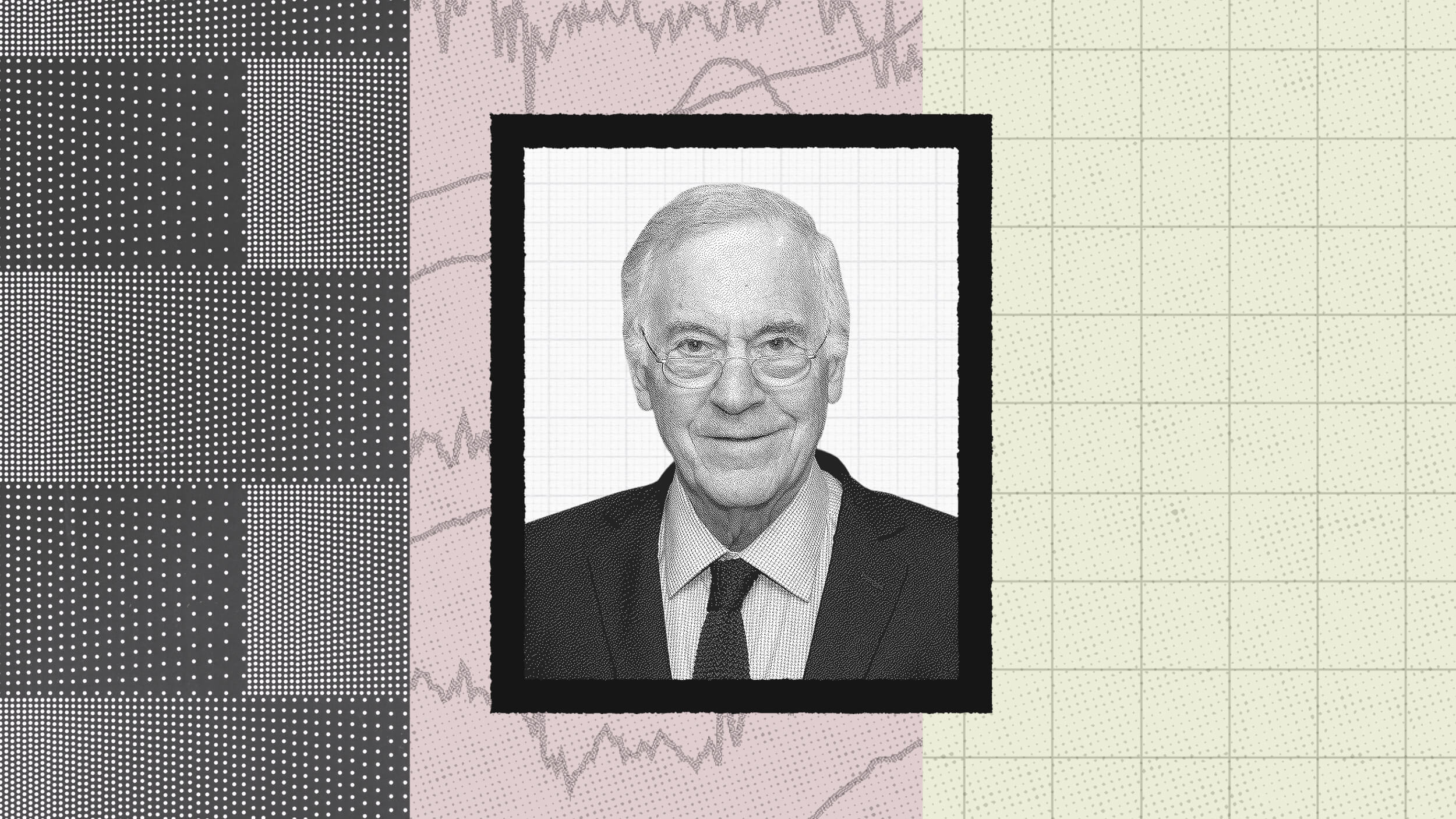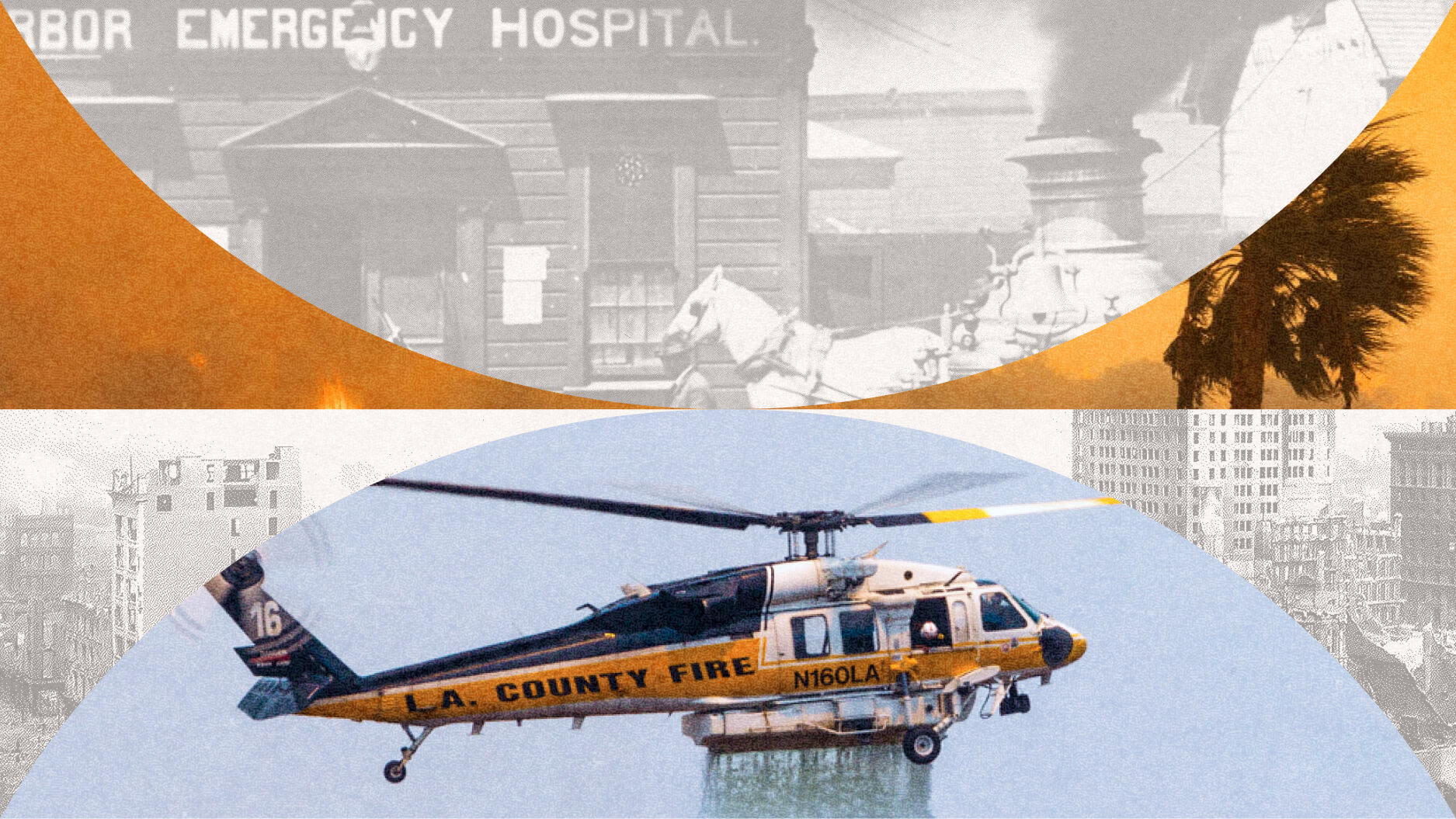Jere Van Dyk is a journalist and author who has focused much of his writing on Afghanistan and Pakistan. In the early 1980s, working as a correspondent for The New[…]
Sign up for Big Think on Substack
The most surprising and impactful new stories delivered to your inbox every week, for free.
Jere Van Dyk, who was imprisoned by the Taliban for 45 days, thinks journalists need to better explain that the U.S. is partially responsible for the destruction of Afghanistan.
Question: What questions are the media not asking that you wish they would about the war?
Jere Van Dyk: I would want to know why the media are not putting more pressure on the United States and the military... why we are allowing, in my view, Pakistan to continue to back the Taliban. I would want to know why we can pinpoint, with remarkable accuracy, various Taliban leaders, but after nine years we don't have a clue where the Al Qaeda leaders are. And why is it the CIA leadership will tell us that the tribal areas are the most difficult terrain ... most difficult area in the world, when in fact it's not the case. I I think that among the media there is a fear of being seen as unpatriotic, and we want to do all that we can to back out military, which is correct, to back those men and women who are risking their lives, without a doubt. But I think there is a fear that by questioning why we are really there that we are putting ourselves closer to the Taliban, our enemies, than to the United States. I think this is a very very important point and I don't think the media is doing it at all, and it's something that I personally am going to have to deal with for having gone with the Taliban.
I think that for the United States to accept... for the American public to accept that we are going to be there a long time, I think journalists must tell them that we are partially responsible for the destruction of Afghanistan and the situation that we are in today. The CIA calls it "blowback," that in helping create the mujaheddin, which led to Al Qaeda and the destruction of Afghanistan, and the rise of Al Qaeda... is not something that happened in a vacuum. And therefore, in order for the United States to prevent that from happening again, we're going to have to recreate that country. It's going to take a long time; it's going to take a lot of money; and we cannot just unilaterally, quickly, leave. And so I think that to truly win the public over, so that the public truly understands the depth of the U.S. involvement over the years—and to convince the American public that what we are doing there is not simply to eradicate Al Qaeda, but to prevent that from happening again—we must know, and we don't know, the degree to which we are responsible for helping to create the tragedy that exists there today.
Question: Will Afghanistan ever be able to afford to pay for the army, police force, and infrastructure that the U.S. is building to keep the Taliban at bay?"
Jere Van Dyk: Yes, there have been these reports in recent weeks that there is a trillion dollars worth of minerals underneath the soil of Afghanistan, but it would take decades for that war to end and for people to be able to extract all those minerals and for Afghanistan to be able to pay this back. No, it will take an extremely long time, if ever.
Recorded June 29, 2010
Interviewed by Max Miller
Jere Van Dyk: I would want to know why the media are not putting more pressure on the United States and the military... why we are allowing, in my view, Pakistan to continue to back the Taliban. I would want to know why we can pinpoint, with remarkable accuracy, various Taliban leaders, but after nine years we don't have a clue where the Al Qaeda leaders are. And why is it the CIA leadership will tell us that the tribal areas are the most difficult terrain ... most difficult area in the world, when in fact it's not the case. I I think that among the media there is a fear of being seen as unpatriotic, and we want to do all that we can to back out military, which is correct, to back those men and women who are risking their lives, without a doubt. But I think there is a fear that by questioning why we are really there that we are putting ourselves closer to the Taliban, our enemies, than to the United States. I think this is a very very important point and I don't think the media is doing it at all, and it's something that I personally am going to have to deal with for having gone with the Taliban.
I think that for the United States to accept... for the American public to accept that we are going to be there a long time, I think journalists must tell them that we are partially responsible for the destruction of Afghanistan and the situation that we are in today. The CIA calls it "blowback," that in helping create the mujaheddin, which led to Al Qaeda and the destruction of Afghanistan, and the rise of Al Qaeda... is not something that happened in a vacuum. And therefore, in order for the United States to prevent that from happening again, we're going to have to recreate that country. It's going to take a long time; it's going to take a lot of money; and we cannot just unilaterally, quickly, leave. And so I think that to truly win the public over, so that the public truly understands the depth of the U.S. involvement over the years—and to convince the American public that what we are doing there is not simply to eradicate Al Qaeda, but to prevent that from happening again—we must know, and we don't know, the degree to which we are responsible for helping to create the tragedy that exists there today.
Question: Will Afghanistan ever be able to afford to pay for the army, police force, and infrastructure that the U.S. is building to keep the Taliban at bay?"
Jere Van Dyk: Yes, there have been these reports in recent weeks that there is a trillion dollars worth of minerals underneath the soil of Afghanistan, but it would take decades for that war to end and for people to be able to extract all those minerals and for Afghanistan to be able to pay this back. No, it will take an extremely long time, if ever.
Recorded June 29, 2010
Interviewed by Max Miller
▸
2 min
—
with





